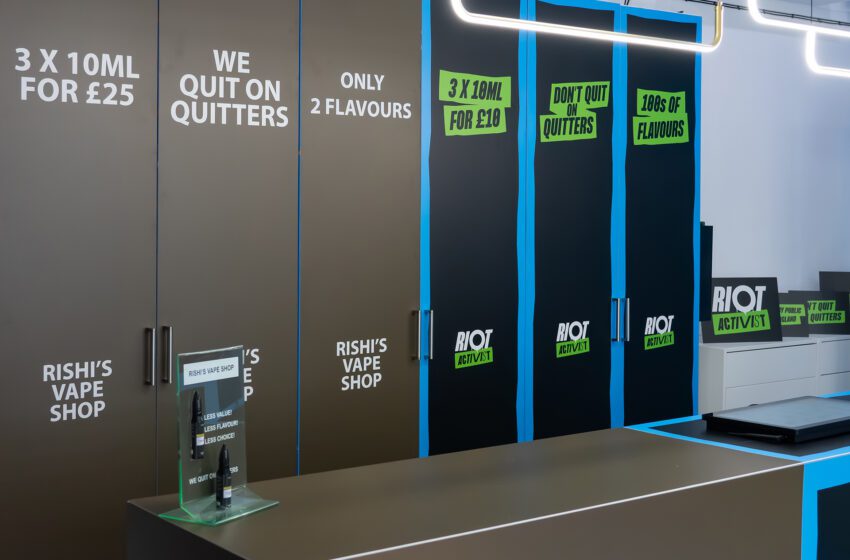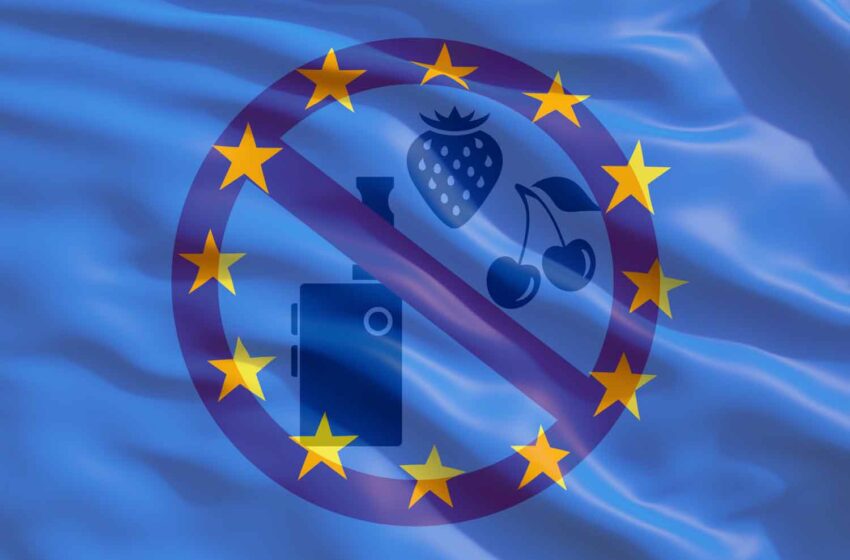The vaping industry is in a constant state of innovation, primarily driven by advancements in hardware. A significant focus has been on enhancing battery quality as well as the electronics and circuitry within vaping systems. Notably, there have been substantial advancements in atomization technology. This includes the development from traditional wire coils and wicks to a more progressive adoption of ceramic materials.
Atomization technology is crucial because the heating element functions as the core of a vaping system. The coil’s role in atomizing e-liquid is pivotal; the more efficient the element, the better the aerosol production, consistency and flavor. Recently, a leading technology company announced its breakthrough in heating technology, set to revolutionize the market.
It has been seven years since a significant advance has been made in atomization technology. Enter Greentank: a company with a wholly new design representing a dramatic step-change from the conventional ceramic and wicked coil systems prevalent in many of today’s vaping products, promising enhanced safety, performance and experience.
Greentank is a business-to-business technology company that specializes in the design, development and manufacturing of precision-made inhalation devices and atomization technology, according to CEO Dustin Koffler. Greentank’s latest innovation in atomization is called Quantum Vape. It replaces cotton wick and ceramic heating elements with a state-of-the-art patented Heating Chip.
According to Koffler, the Heating Chip outperforms all other leading atomization products. For example, the Heating Chip performs better on key safety metrics such as harmful and potentially harmful constituents (HPHCs) and heavy metal testing than other leading technologies in the market. It also produces the “absolute greatest” release of flavor and the most consistent consumer experience from the first draw to the last, he says.
“With this breakthrough in inhalation science, we’ve catapulted beyond the current generation of atomization technology,” said Koffler. “Our Heating Chip is set to disrupt the global market. It’s a distinct departure from anything currently available. While many companies focus merely on tweaking the substrates and print materials used in ceramic-based systems, they remain bound to the same ceramic foundation.
“They’re refining ceramics—making components slightly smaller, slightly tighter, experimenting with new materials and formulations. Greentank, however, is pioneering an entirely novel approach that’s unlike anything witnessed in the industry before.”
The Heating Chip is small. It comfortably fits on a fingertip and is one-fifth the size of today’s heating solutions. However, Koffler said its high-performance standards are due to advances that have never been achieved before with atomization. Typically, in a ceramic heating element, over time, flavor starts to dissipate naturally. This is because there is caking or buildup inside the pores of the ceramic, causing the temperature throughout the ceramic to vary after each use, leading to thermal cycling. With the Heating Chip, there is zero potential for thermal cycling, according to Greentank; every puff tastes the same as the first.
“The Heating Chip employs a unique capillary action to draw the oil through the heating element, ensuring that each puff initiates a fresh cycle of material,” explained Koffler. “Many products boast consistent flavor throughout use, yet we’re all aware that the current market offerings fall short in maintaining this throughout the life of the product. In contrast, the Heating Chip integrates nanofabrication into its design.
“The entire manufacturing process is proprietary, involving novel methods to assemble materials into the Heating Chip that emits no ceramic particle emissions and contains the lowest levels of harmful and potentially harmful constituents. While it’s not feasible to claim complete absence, third-party testing and rigorous chemical analysis have found these HPHCs to be at undetectable levels.”
Additionally, Greentank only recently completed a longevity study using the Heating Chip in one of the company’s proprietary electronic nicotine-delivery system devices with a target of 15,000 puffs. “We easily achieved this target while demonstrating consistent vapor output from the first puff to the 15,000th puff,” explained Koffler. “Furthermore, we provided these same devices, along with new ones, to Labstat International to conduct aerosol analysis for both carbonyls and metals. The results showed that there was no difference in the safety efficacy from the first puff to the 15,000th puff.”























